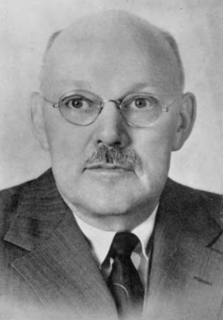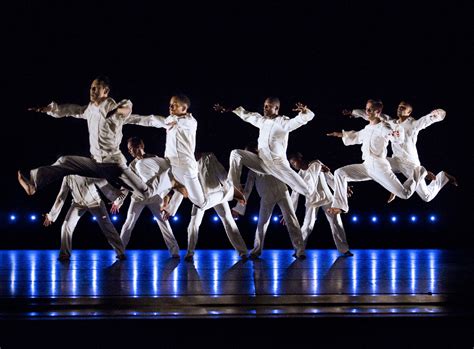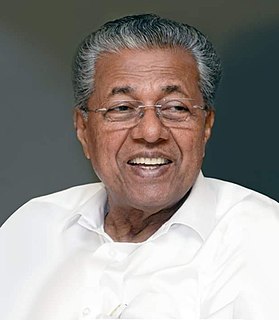A Quote by Aristotle
Those who have been eminent in philosophy, politics, poetry, and the arts have all had tendencies toward melancholia.
Quote Topics
Related Quotes
... the cooperative forces are biologically the more important and vital. The balance between the cooperative and altruistic tendencies and those which are disoperative and egoistic is relatively close. Under many conditions the cooperative forces lose, In the long run, however, the group centered, more altruistic drives are slightly stronger. ... human altruistic drives are as firmly based on an animal ancestry as is man himself. Our tendencies toward goodness... are as innate as our tendencies toward intelligence; we could do well with more of both.
If cathedrals had been universities If dungeons of the Inquisition had been laboratories If Christians had believed in character instead of creed If they had taken from the bible only that which is GOOD and thrown away the wicked and absurd If temple domes had been observatories If priests had been philosophers If missionaries had taught useful arts instead of bible lore If astrology had been astronomy If the black arts had been chemistry If superstition had been science If religion had been humanity The world then would be a heaven filled with love, and liberty and joy
Certainly here in the U.S., we've had fundamentalist movements that have taken very critical and hostile attitudes toward immigration and the assimilation of immigrants into our society and culture. So these tendencies are fairly universal. The problem is what if they get out of hand and become the dominant factor in a society, which can only lead to the oppression of minorities or even to war with neighboring societies with differing cultures. That's why it seems to me it's important to try to keep these tendencies toward extremism under control.
In Dogen's writing, the practical instruction, philosophy and poetry are together in one voice. People hear about his poetry, go to his work, and expect to find poetry, or they hear about his philosophy and expect to find philosophy. They look just for practical instruction and find poetry and philosophy. They can't make out the complexity of his writing, become frustrated and let him go.








































